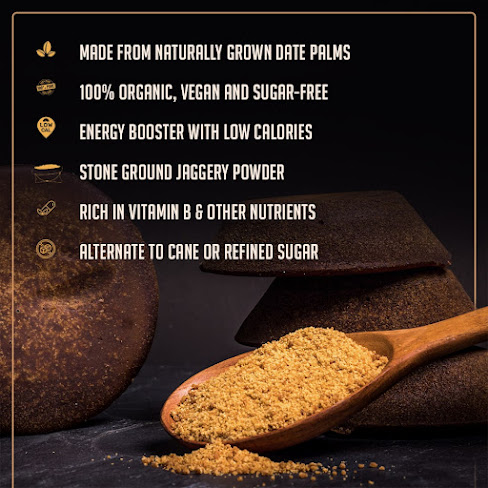In the pursuit of better health and
fitness, finding the right protein source is crucial. Sattu, a traditional
Indian flour, has gained attention for its nutritional profile, raising
questions about how it compares to the widely-used protein powders available in
the market. Let's delve into the comparison between Sattu and Protein Powder to
understand their nutritional value and benefits.
Understanding Sattu:
Organic Sattu is a versatile
flour made from roasted grams, predominantly Bengal gram (chana dal). It is
renowned for its high protein content and is a staple in many Indian
households. Sattu is packed with nutrients like protein, fiber, iron, and
manganese, making it a powerhouse of nutrition.
Protein Powder:
On the other hand, protein powder is a
concentrated form of protein extracted from various sources like whey, casein,
soy, or pea. It's commonly used by fitness enthusiasts to supplement their
protein intake for muscle repair and growth.
Nutritional Comparison:
When it comes to protein content, Sattu
doesn't disappoint. It typically contains about 20-25 grams of protein per 100
grams, similar to many protein powders available in the market. Additionally,
Sattu offers the benefits of dietary fiber, aiding in digestion and promoting
gut health, which are often lacking in many protein powders.
Bioavailability and Digestibility:
While protein powders are generally
fast-absorbing due to their isolated nature, Sattu contains whole food sources
of protein, offering natural bioavailability. Its fiber content aids in slowing
down digestion, ensuring a gradual release of nutrients into the bloodstream,
providing sustained energy.
Micronutrients and Health Benefits:
Sattu stands out for its micronutrient
content. Alongside protein, it provides significant amounts of iron, calcium,
magnesium, and B vitamins, crucial for overall health. In contrast, protein
powders often lack these micronutrients unless fortified.
Taste, Versatility, and Accessibility:
Sattu is celebrated for its earthy and
nutty flavor, making it a versatile ingredient for beverages, savory dishes, or
as a nutritious addition to traditional recipes. Its accessibility and
cost-effectiveness make it a preferred choice for many, especially in regions
where protein powders might be less available or more expensive.
Considerations for Protein Powder:
Protein powders, particularly whey protein,
are known for their high-quality protein and rapid absorption. They are
convenient for immediate post-workout consumption and are often favored by
athletes or those with specific dietary requirements.
Making an Informed Choice:
Choosing between Sattu and Protein Powder
boils down to individual preferences, dietary needs, and fitness goals. While
Sattu boasts natural nutrients and versatility, protein powders offer
convenience and concentrated protein intake. Combining both sources can provide
a balanced approach to nutrition.
Adya Organics' Sattu:
Adya Organics prides itself on offering
premium-quality Sattu, sourced from high-quality grams and processed using
traditional methods. Their Sattu maintains its nutritional integrity and purity,
ensuring consumers receive the best of this traditional superfood.
In conclusion, the comparison between Sattu
and Protein Powder reveals that both have their unique advantages in the quest
for nutrition. Sattu shines for its natural nutrient profile, while protein
powder offers concentrated protein. Considering individual needs and
preferences is key to making the right choice for one's dietary requirements.









